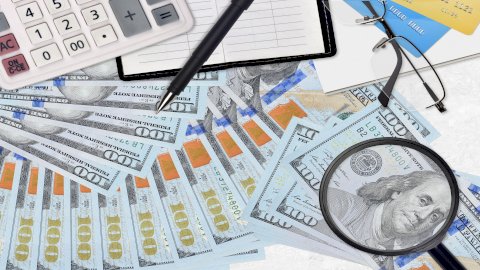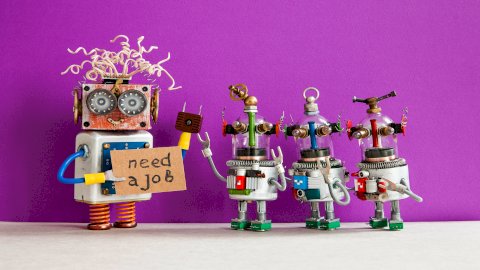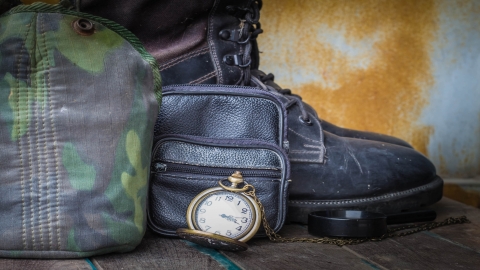
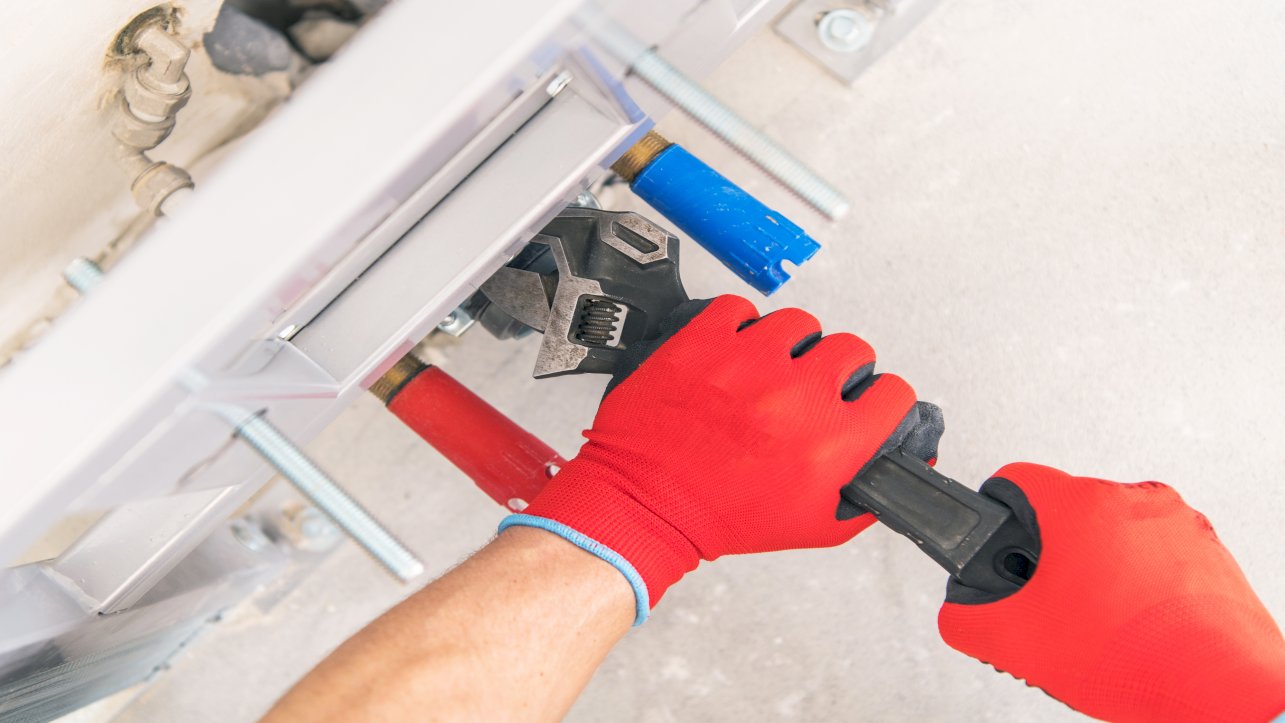
How to become a Plumber?
How did the plumber feel when he gave blood? Drained! Ok, that is a terrible joke, but does provide a little insight into the day-to-day dealings of a licensed plumber. Working on drains is one aspect of their job. Whether it be a call for a clogged sink or a toilet not flushing properly, plumbers frequently visit homes to repair fixtures and appliances for customers. Bathtubs, dishwashers, and water heater repairs are other prime reasons to call for plumbing services.
In addition to making repairs, plumbers will also do installations. All of the items mentioned above (sink, toilet, bathtub, etc.) had to initially be installed, or replaced at one point in time. Whether it be a single-family home, an apartment complex or an office building, plumbing services can include installing such fixtures and appliances. Plumbers may also install and repair water, gas, and other piping systems.
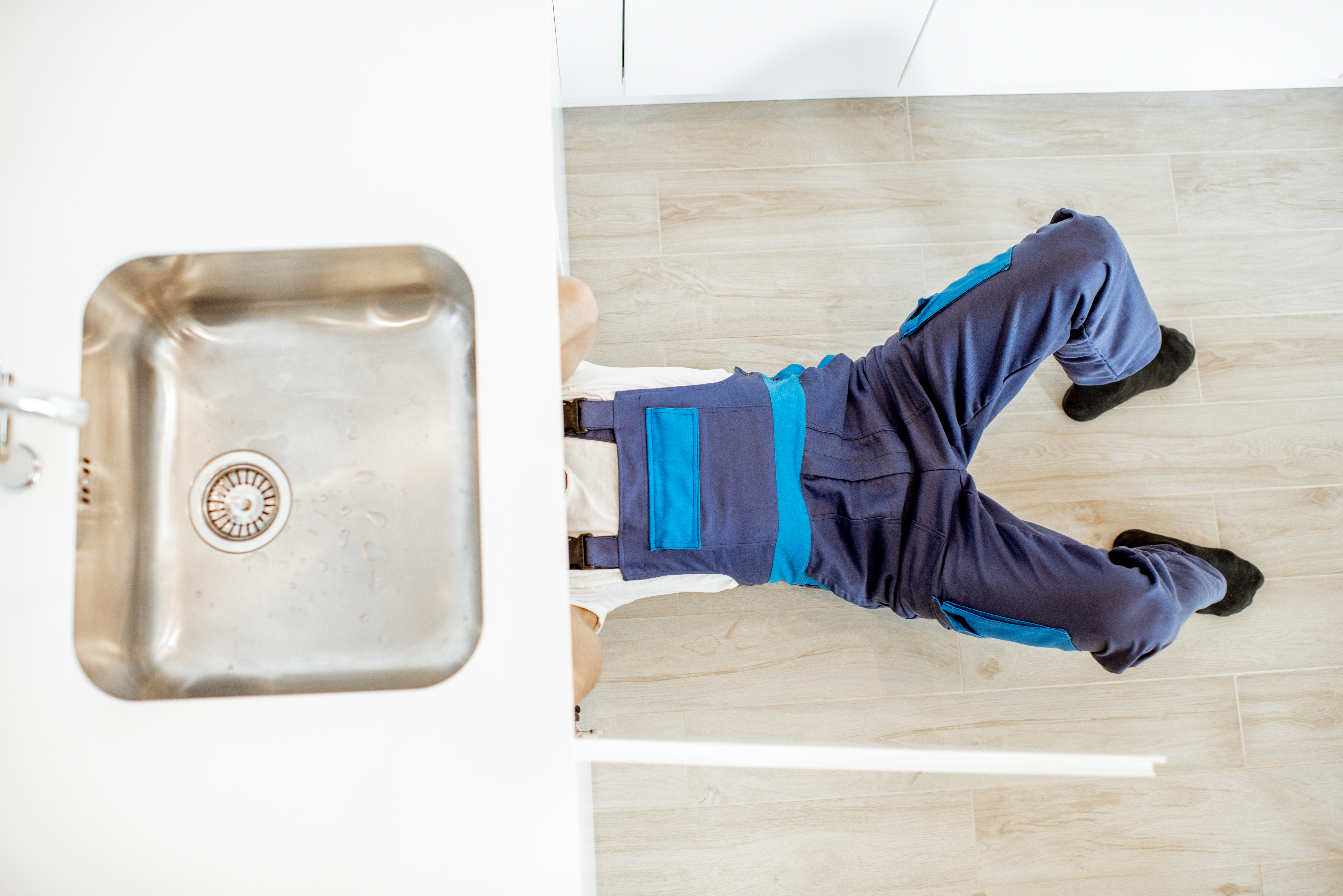
What are some useful traits of a licensed plumber?
Good with their hands- Plumbers must be "good with their hands". The job requires the skilled use of one's hands in repairing and constructing various fixtures and appliances.
Physically fit - Plumbers must stay in good physical shape. The job can be demanding physically, requiring strength, endurance and flexibility. To many, riding around the city all day and participating in physical work rather than sitting at a desk is one of the perks of the job. But imagine carrying pipes and fixtures up several flights of stairs or working in a small crawl space to repair or install piping for multiple hours at a time. The more fit you are, the better you will fare.
Good communicator -Plumbers must have good communication skills and personality. The job entails providing a service to customers, and in those situations, you must be able and willing to clearly explain the problem and the plan to those customers. If you are unable to do so, you might not have many customers.
Problem solver - While this is a job that entails working with your hands, do not underestimate the cerebral component of the job. Plumbers must be thinkers as well. Wherever problems exist, problem solving is required. And not every solution will be obvious. Plumbers must be open minded, thoughtful and flexible as they approach each new problem as its own individual circumstance.
Dependable -When your toilet breaks it always comes as an unwanted surprise, and one that you need fixed right away. A plumber that is responsive, punctual and dependable could have a long and successful career in the business. Customers will always take note of both the work that you do and the ease of doing business with you.
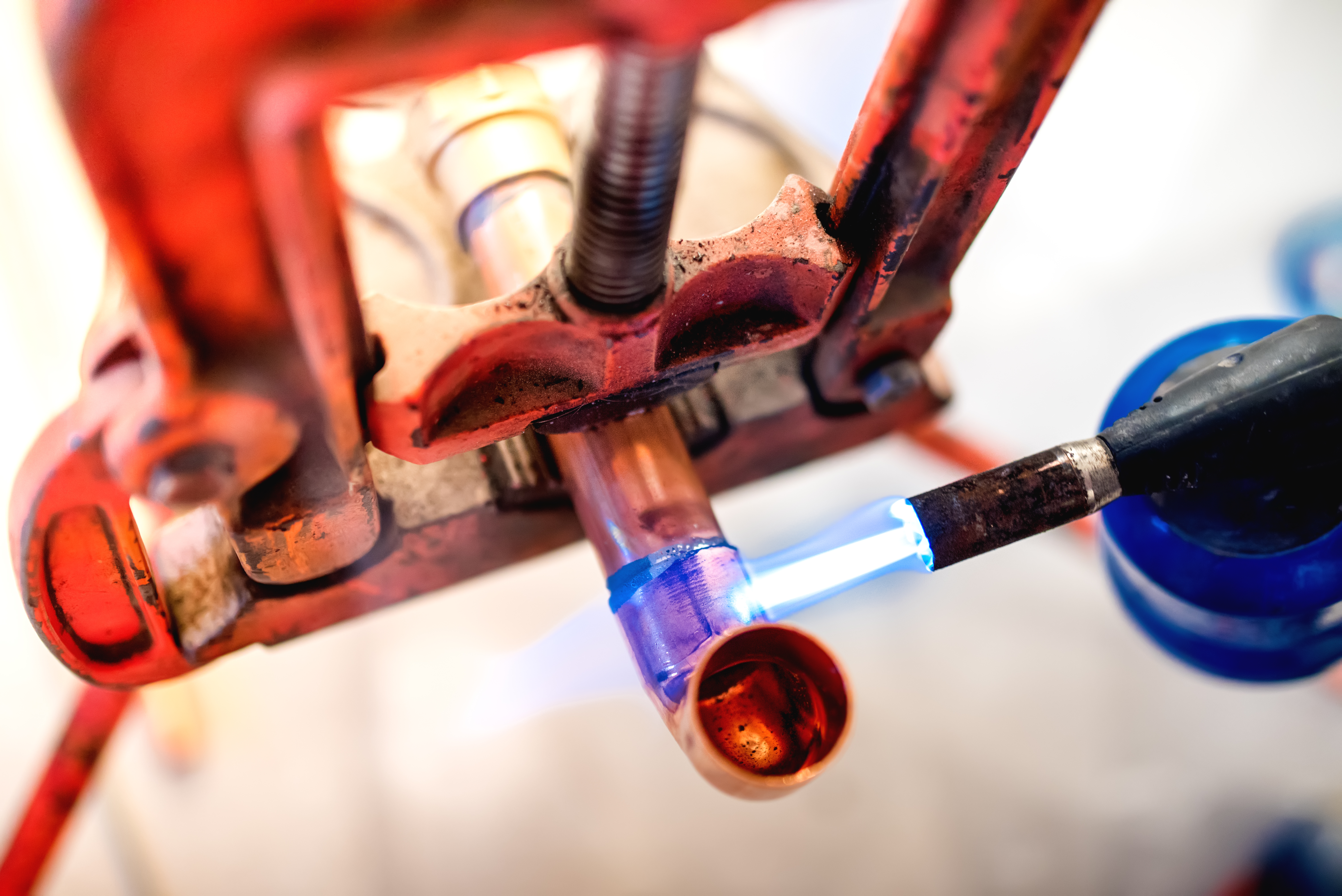
How to become a licensed plumber?
The steps toward becoming a licensed plumber include a combination of education and experience. You will not find that a bachelor's degree or a master's degree is required to break into this field, however a high school diploma or the equivalent most likely will be. Many post-secondary technical colleges and trade schools have programs focused on plumbing, pipefitting and welding. These educational programs typically last 2 years, rather than the 4 years typically required to obtain a bachelor's degree from a 4-year college/university.
An important step to becoming a licensed plumber usually includes an apprenticeship. This is an opportunity for aspiring plumbers to learn their craft on the job under the guidance of a seasoned professional. In the role of apprentice, a plumber could be working as a helper, receiving instruction, and taking on various assisted tasks to gain experience in providing plumbing services. An apprenticeship can range from 2-6 years and is frequently a paid position.
Following the apprenticeship and the passing of a required licensing exam, a plumber enters the "journey" level. At this point, a plumber is able to work independently providing plumbing services. Advancing up from the journey level would be achieving "master" plumber level status. In order to do this, a plumber must typically have experience working independently for 2 years providing plumbing services and must once again pass a required licensing exam. Once at master level, a plumber could potentially earn a project manager position or start their own business as a contractor. Doing so could increase their flexibility and plumber salary potential.
How much do licensed plumbers make?
According to the U.S. Bureau of Labor Statistics the 2020 median plumber salary was $56,330. At the lower end of the spectrum a plumber's salary could be $33,460, while plumbers in the top 10% of the annual wage range might expect to make $98,990. Additionally, master plumbers with an entrepreneurial spirit might venture into starting their own company. For a plumber that owns their own company, the sky could be the limit with regards to plumber salary if they are able to build a successful business.
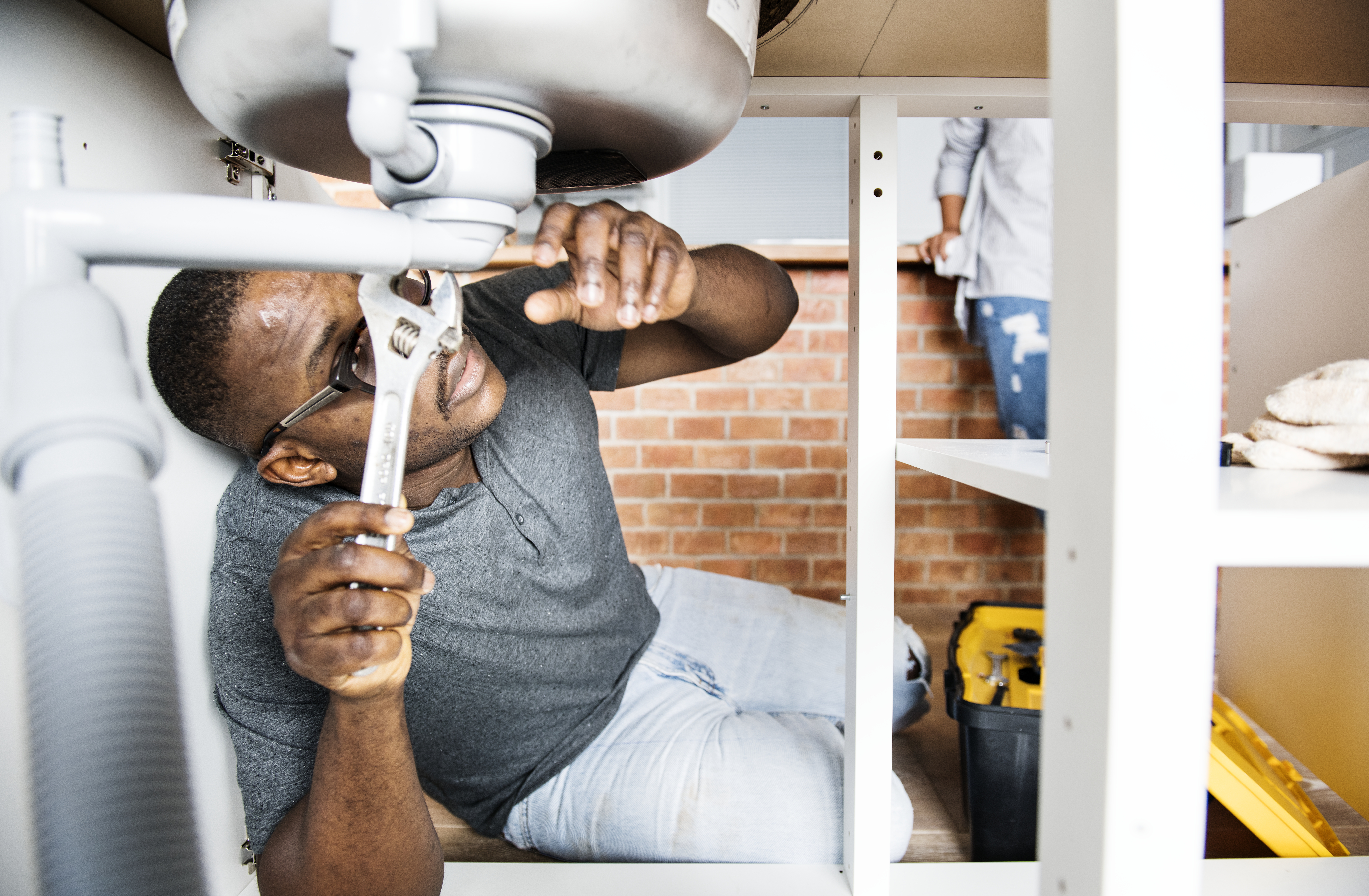
Insight from a master plumber:
Here are a couple quotes from an interview we did with John, a master plumber who owns his own contracting business:
"What I like about being a plumber is that your problem-solving skills will be put to the test often. Getting to the problem is sometimes the hardest part. I like waking up in the morning with a job to do, something you can get into. I like driving around the town. You get to know the city you work in."
"You want to be math oriented and athletic because you are going to be carrying pipes upstairs. Carrying fixtures up several flights of stairs. You might be thinking, commercial building, oh there's an elevator. Well, you are not allowed to use that elevator 7 out of 10 times".




